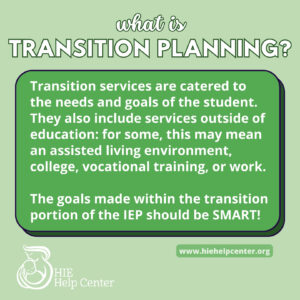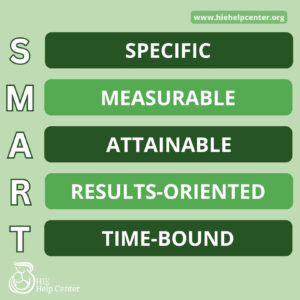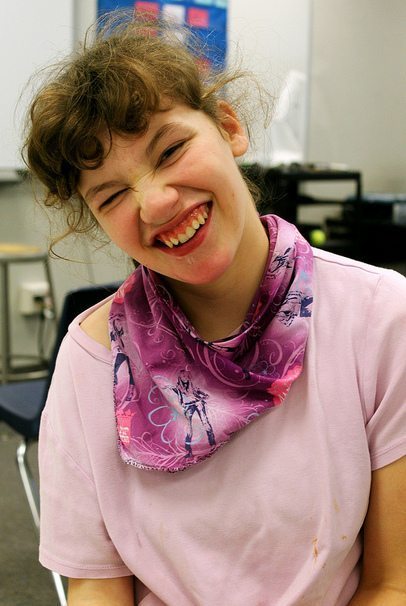 When children with hypoxic-ischemic encephalopathy (HIE) and associated disabilities attend public school, they may be given an Individualized Education Plan (IEP). When children with IEPs turn 14-16 years of age, the Individuals with Disabilities Education Act (IDEA) requires schools to assist them in the process of transition.
When children with hypoxic-ischemic encephalopathy (HIE) and associated disabilities attend public school, they may be given an Individualized Education Plan (IEP). When children with IEPs turn 14-16 years of age, the Individuals with Disabilities Education Act (IDEA) requires schools to assist them in the process of transition.
Transition planning is a formal process in which the student works on specific goals and is provided the necessary services and supports required to achieve them.
What makes up the transition plan?
The IEP transition plan focuses on the following elements:
- Independence: Moving from structured life to adult life.
- Future: Exploring the child’s interests and possible career options.
- Including the student: The student is encouraged to attend IEP meetings.
- Transferring IEP rights: In most states, the student will obtain the rights to the IEP by the time they are 18.
What types of goals does transition planning focus on?
 Transition plans are catered to the needs and goals of the student. They also include services outside of education: for some, this may mean an assisted living environment, college, vocational training, or work.
Transition plans are catered to the needs and goals of the student. They also include services outside of education: for some, this may mean an assisted living environment, college, vocational training, or work.
The goals made within the transition portion of the IEP should be SMART:
- S – Specific
- M – Measurable
- A – Attainable
- R – Results-oriented
- T – Time-bound
Additional considerations in transition include medical needs and aptitude for either further education or employment. New topics of consideration include community support services available to the student, income streams, planned living arrangements, and available community activities and transportation.
Do you need someone to talk to?
Your child was just diagnosed with HIE and your head is spinning with new medical terms, care plans and questions. It can be difficult to make sense of everything that has happened. As you research your child’s diagnosis, you may be bombarded with facts, information and advice – leaving you lost as to where to turn next.
We want to hear your story. HIE Help Center is owned by ABC Law Centers (a birth injury law firm). We are here to listen to every detail of what you and your family may have gone through during labor and delivery. Our team has reviewed and handled thousands of cases and is trained to recognize if there may have been medical malpractice that lead to your child’s diagnosis. We can advise if taking legal action may be beneficial to you and your family.
Call us at (888) 329-0122 to speak with a member of our intake team.
Learn more about IEPs and transition planning:
- Early Intervention (Ages 0-3)
- Special Education and Individualized Education Plans (IEPs)
- Transition to Adulthood
- GreatSchools: Transition Planning
- National Center on Secondary Education and Transition
Sources:
Lee, A. M. I. (n.d.). IEP Transition Planning: Preparing for Young Adulthood. Retrieved from https://www.understood.org/en/school-learning/special-services/ieps/iep-transition-planning-preparing-for-young-adulthood


